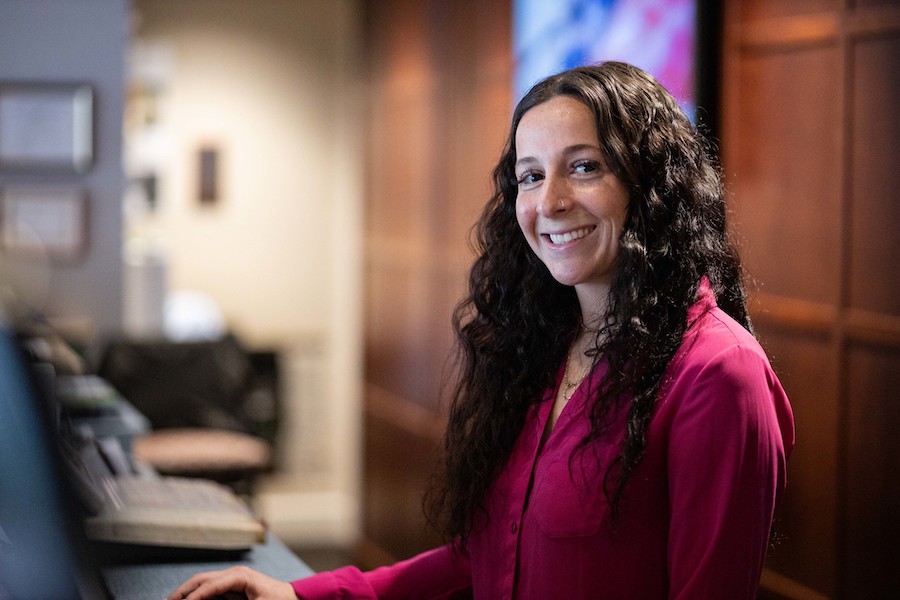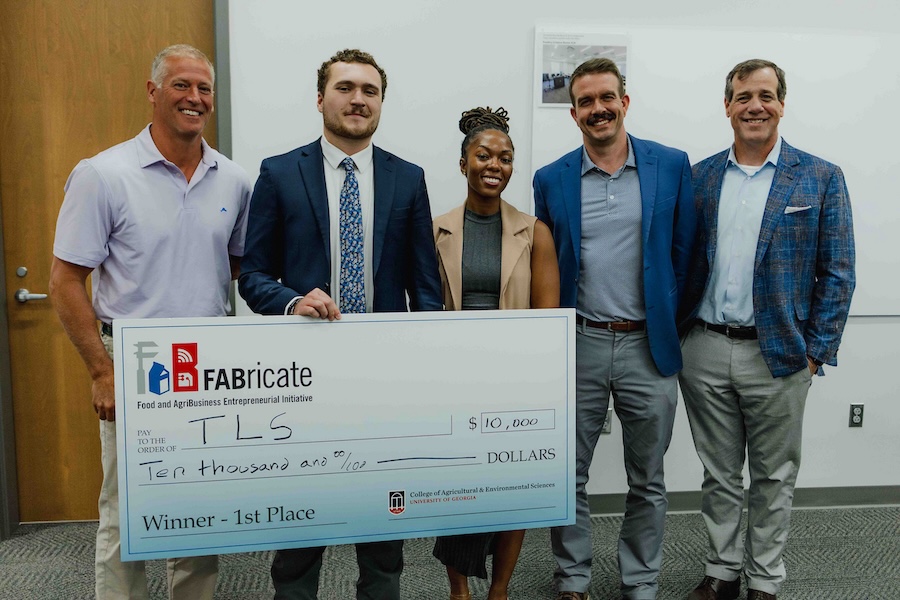
Travel and tourism in the state of Georgia generated more than $60 billion in economic impact in 2021 according to state data, second only to the state’s largest industry: agriculture.
At the University of Georgia, the Hospitality and Food Industry Management (HFIM) program is preparing students for more than 400,000 travel and tourism positions across the state and beyond.
John Salazar, professor and coordinator of the HFIM major, was drawn to the industry due to its broad scope of opportunity.
“When we think of the hospitality industry, I like to think of it as an ecosystem. It’s not only hotels and restaurants, but resorts, convention centers and the airline industry. It is the broader service sector and the context of travel and tourism,” Salazar said. “There are so many opportunities in the hospitality sector. And our state offers such a broad set of opportunities for those that are really interested in the hospitality business.”
In the most recent Niche rankings of Best Colleges with Hospitality and Tourism Management Degrees, HFIM was ranked fourth in the U.S. among all private and public universities. Among public universities, HFIM was ranked No. 1.
This explosive growth has been a trend since the program’s first undergraduate class in fall 2019.
“I was thrilled to launch this program from a blank slate within the College of Agricultural and Environmental Sciences (CAES), as we’ve been able to filter all our work through the lens of hospitality,” Salazar said. “Since Georgia is a national leader in hospitality, the University of Georgia is the perfect home for a leading hospitality program.”
In fiscal year 2022, 25% of HFIM program graduates were accepted into the Marriott Voyager Program, one of the most competitive management-development opportunities. Ten students were hired by the Augusta National Golf Club for the 2022 Masters Tournament.
“It’s been an exciting evolution over the past four years. The opportunities our students are receiving after graduation runs the gamut, on the hotel side, on the resort side, on the meetings and events side — even meetings and events that aren’t related to the traditional hospitality discipline,” Salazar said.
Graduates from the HFIM program have secured hospitality roles at the Atlanta Athletic Club, Sea Island Resort and Club and the Sarasota Yacht Club in addition to dozens of positions in hotels, meetings and events. Salazar added that there is an increasing number of graduates being hired directly by law offices and major tech and manufacturing companies to organize events and product roll out — all because those positions require a hospitality mindset regarding logistics, product delivery and consumer engagement.
“We’re all over the place in the hospitality industry, and that’s really quite exciting,” Salazar said.
Connecting Georgia’s top two industries
Housed within CAES, the HFIM program has a unique opportunity to actively integrate efforts that focus on the delivery of products and services directly linked to the university’s mission as a land-grant institution. HFIM partners with CAES entities including the Food Product Innovation and Commercialization Center (FoodPIC), the UGA Center for Food Safety, UGA viticulture and enology and UGA Cooperative Extension.
“The nice thing about being in CAES is that it rounds out our ecosystem here. We have the opportunity to collaborate with other departments within the college that are more food-focused like viticulture, like food science,” Salazar said. “That's what makes it really exciting for us to be in the College of Agricultural and Environmental Sciences — those partnerships with our departments that can share with us their passion for food, which is a primary component of the hospitality sector.”
The HFIM program has quadrupled in size since the first undergraduate class of 19 majors in 2019. Future goals include increasing enrollment to 125-plus students, exploring master’s and doctoral programs, expanding research focus, furthering connections with industry, and initiating outreach programs by expanding partnerships with UGA Extension.
“I’m astonished and amazed that our program has grown so exponentially over the last four years. I think that growth is demonstrative of students and potential students that wanted this major here at UGA,” Salazar said. “It’s also a signal that the state of Georgia wanted it because of the partnerships and the collaborations that we have across the state. The industry has been crying out for this, and they are showing that by how they’re engaging our department.”
To learn more about the Hospitality and Food Industry Management program, visit agecon.uga.edu/undergraduate/majors/hospitality.






